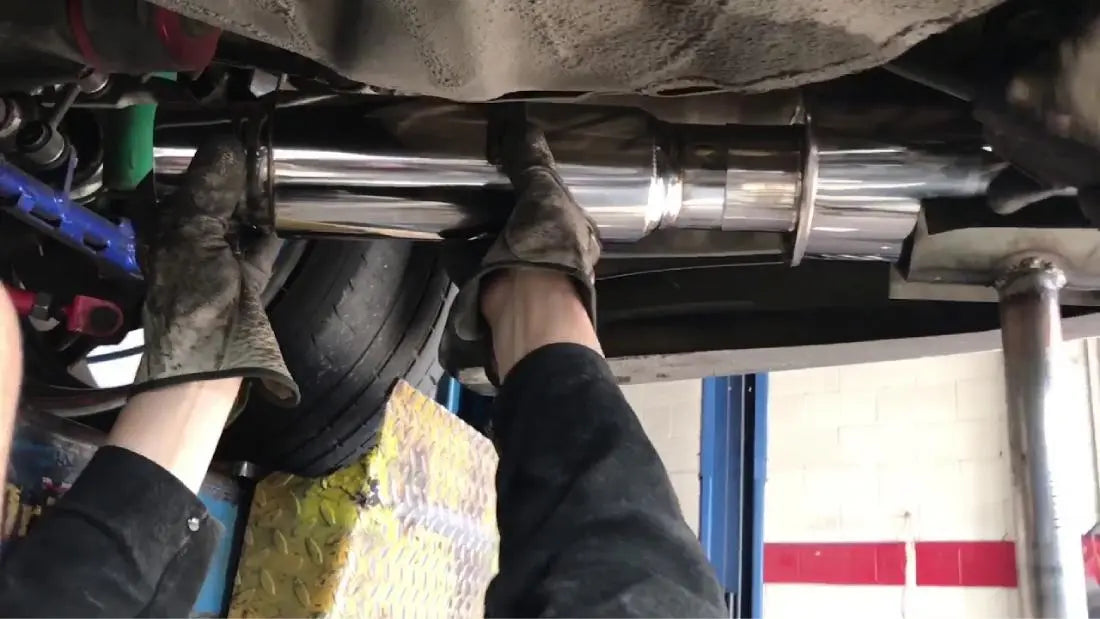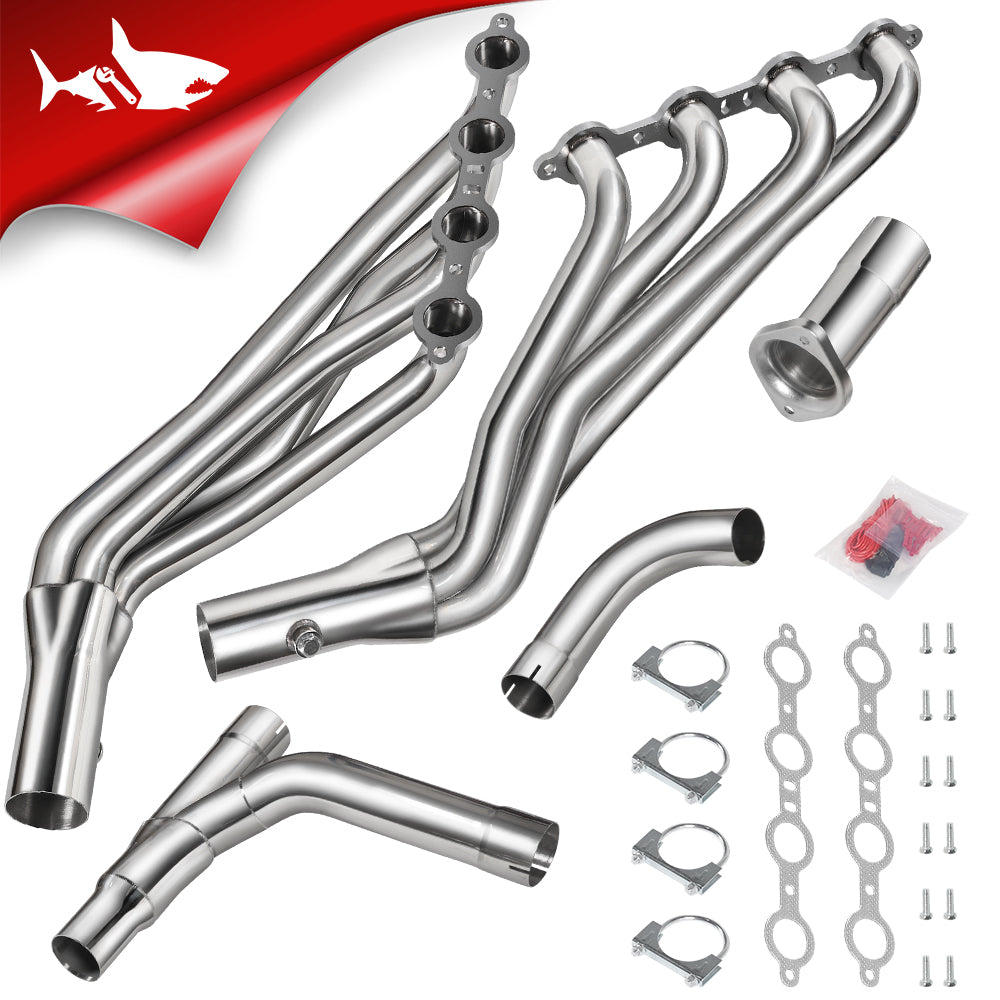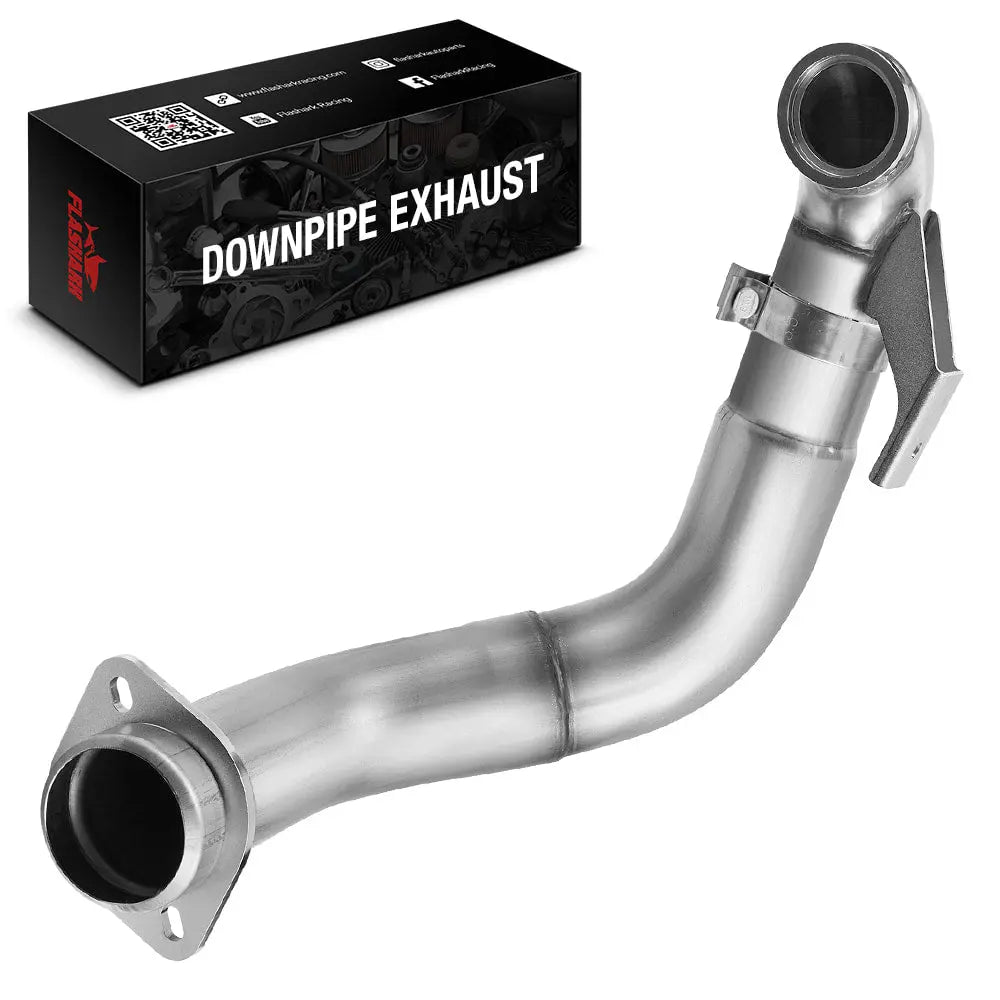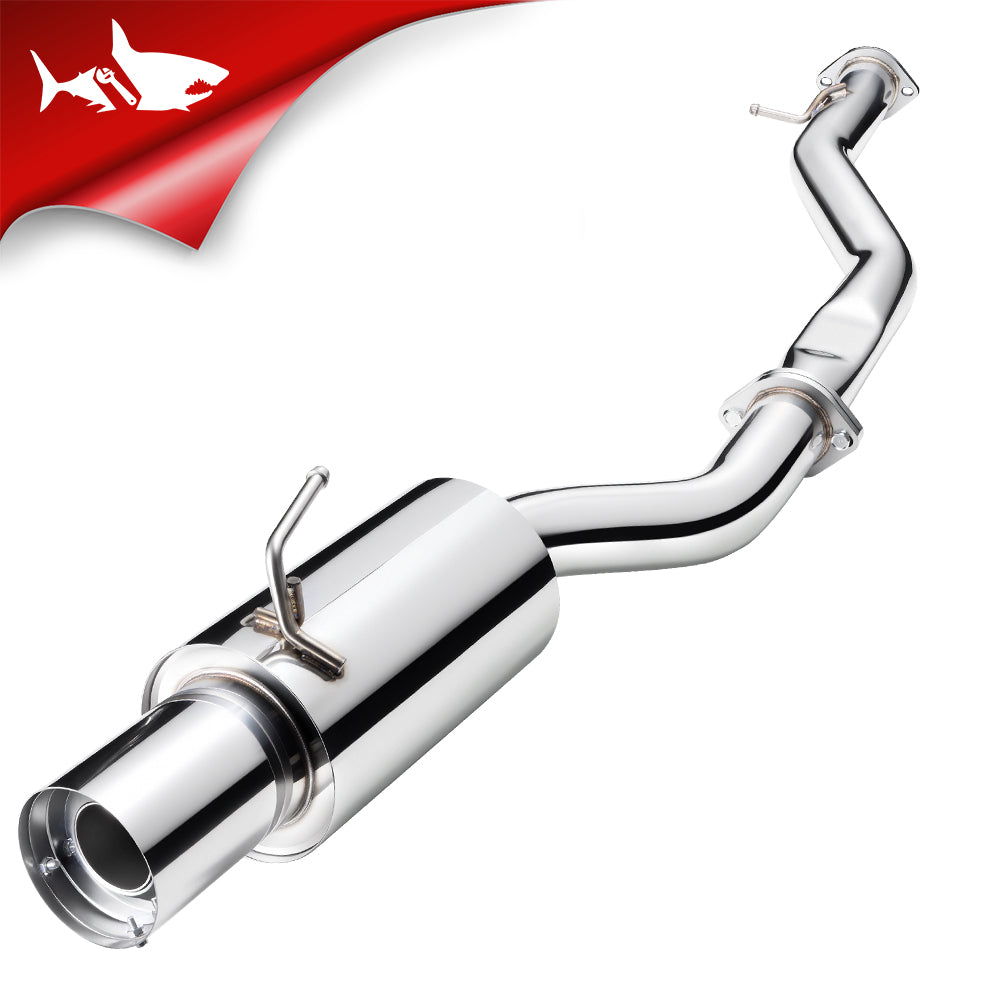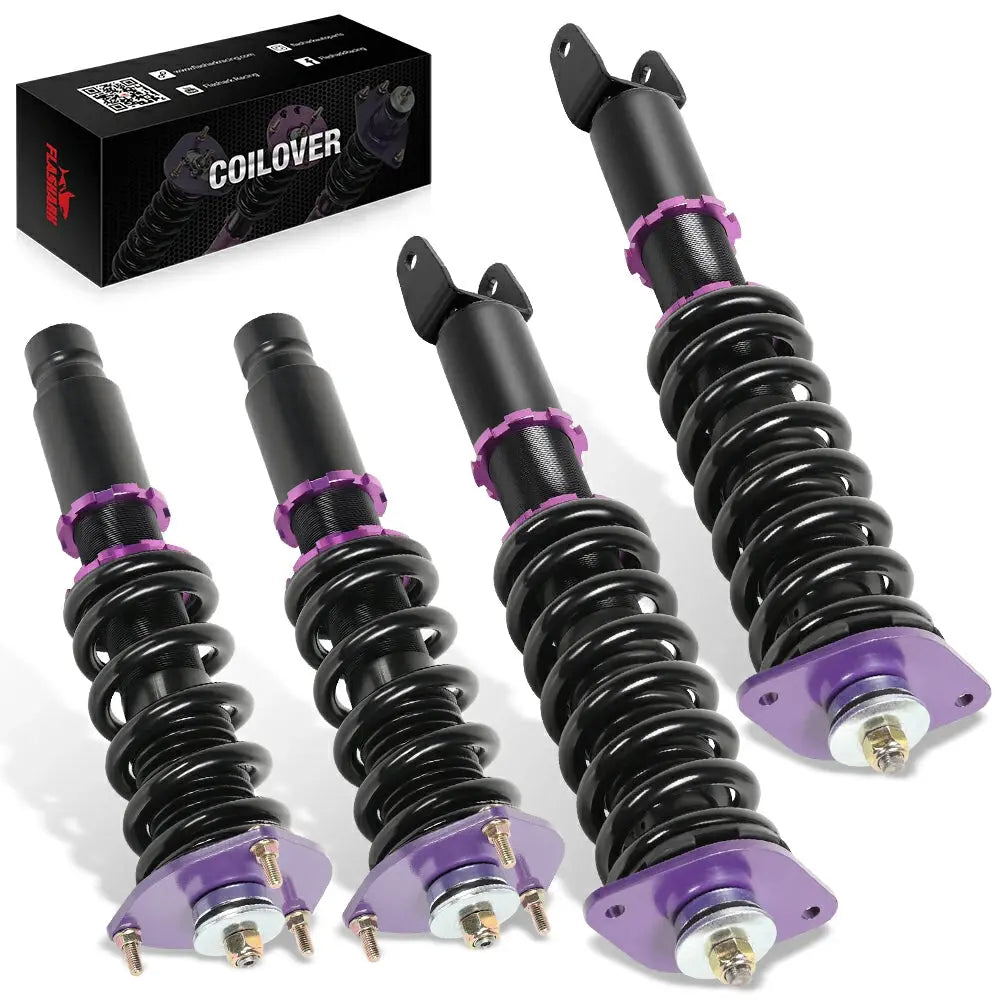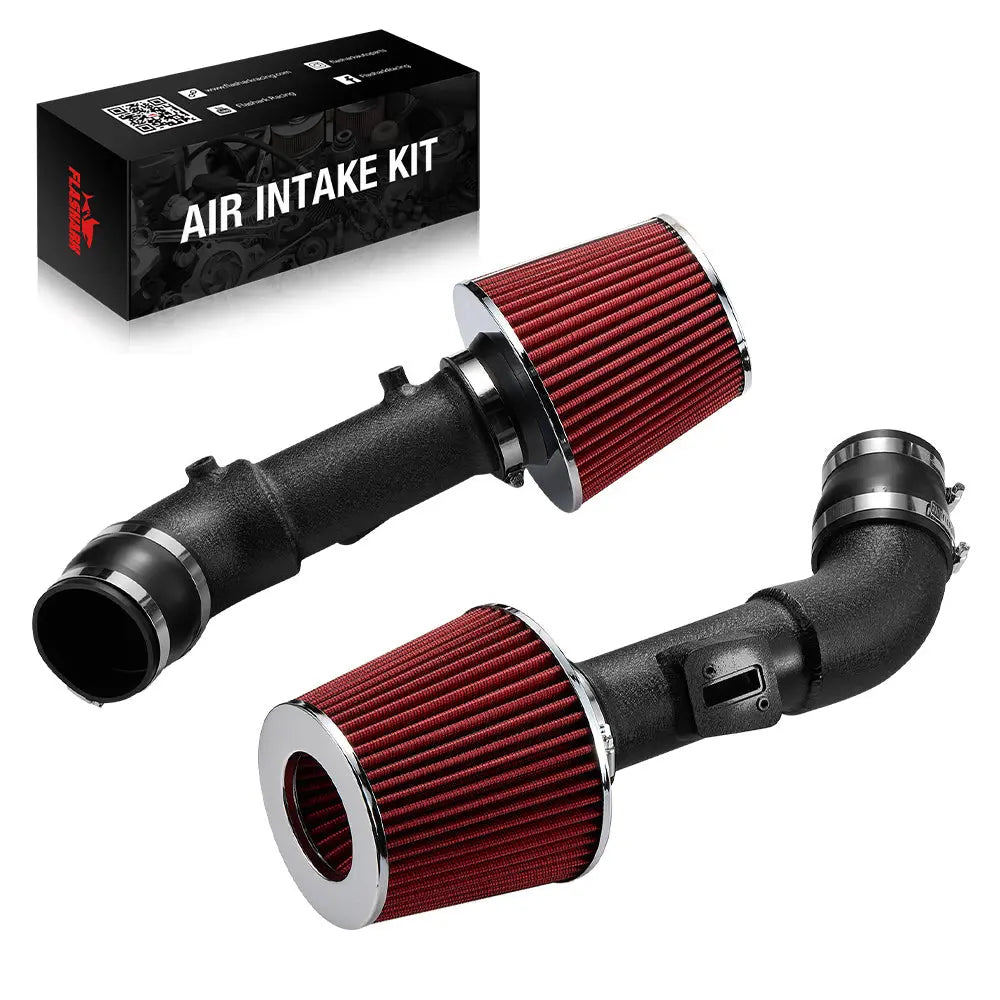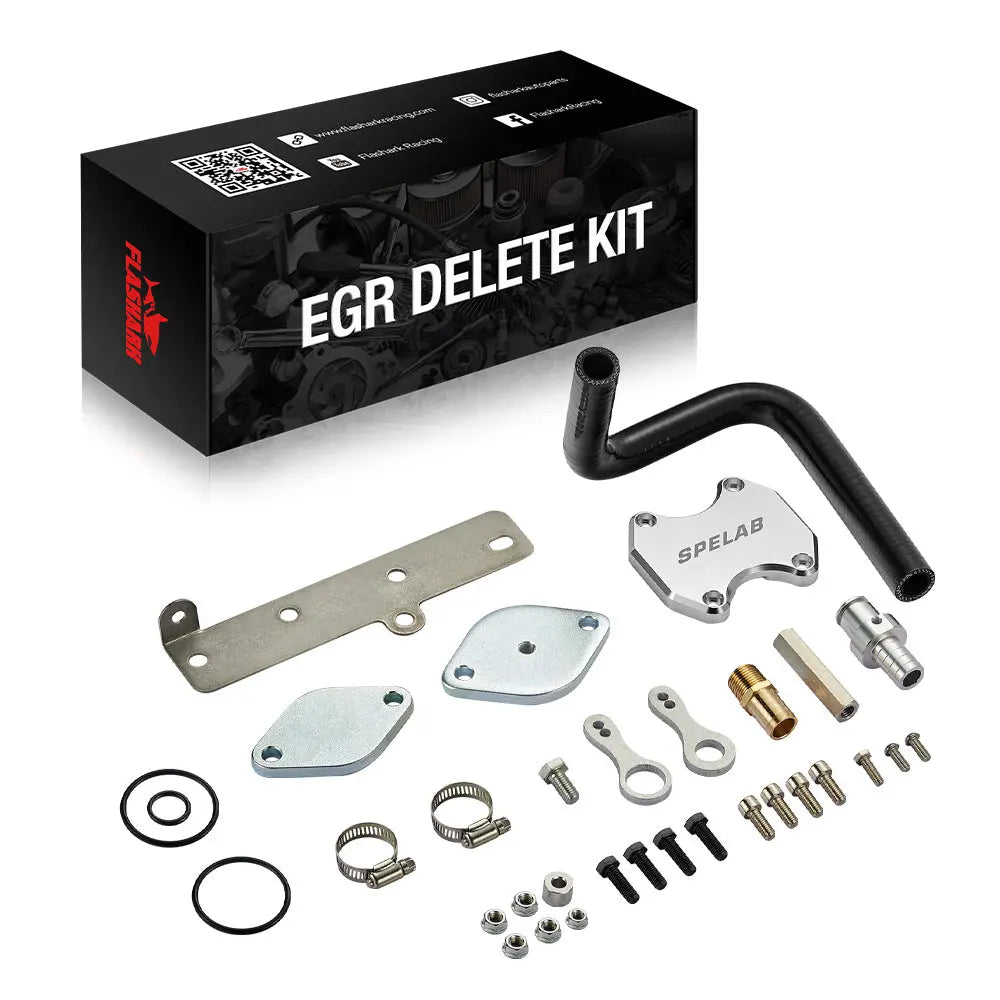Diesel engines are known for being noisy, and it's not hard to see why. The roar of the exhaust can be a bit much, especially if you're not into that sort of thing. Enter resonators, the simple yet effective components that can help dial down that aggressive exhaust note to a more manageable level.
The Anatomy of Your Diesel Engine's Exhaust
Your diesel engine's exhaust system is more than just a tailpipe. It's a complex arrangement of parts working in harmony to expel gases and reduce noise. The exhaust manifold collects gases from the engine's cylinders at the heart of it all.
From the manifold, these gases flow into the catalytic converter. Here, harmful pollutants get transformed into less harmful substances. It's a crucial step for both performance and the environment.
Now, you might be wondering about the muffler. This component dampens the sound waves produced by the engine. But it might not be doing enough if you're still hearing a roar.
That brings us to exhaust tips with resonator. A resonator further refines the sound by canceling out certain frequencies. It's like the muffler's more sophisticated cousin, designed to fine-tune the exhaust note.
Where does the noise come from, you ask? Well, it's a mix. Engine combustion is naturally loud, and the exhaust system has to manage that. Add some diesel clatter and turbo whistles, and you've got a mini-concert right under your car.
Resonators step in to tone down this cacophony. They're especially good at eliminating high-pitched sounds that can be grating to the ears. So, if you're looking to take the edge off that diesel growl, a resonator might be just what you need.
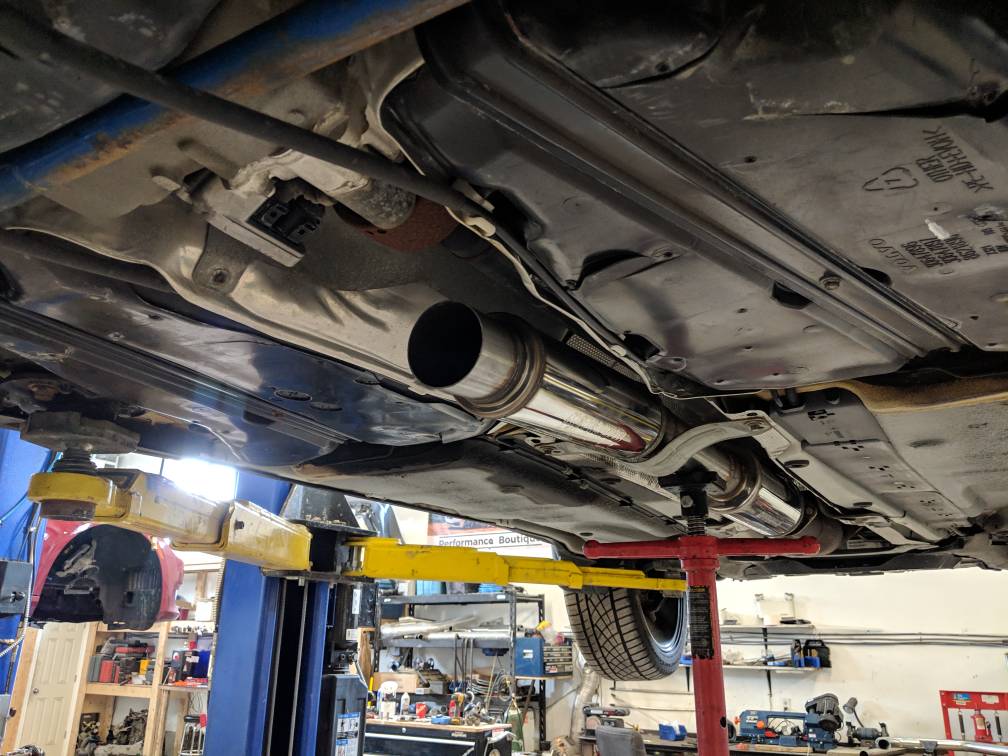
What's the Deal with Resonators?
A resonator is essentially your car's sound engineer. Its main job? To fine-tune the sound that your car makes. Think of it as the audio editor for your vehicle's soundtrack.
Hold up, a resonator isn't just a fancy muffler. They both aim to control noise, but their methods are distinct. A muffler dampens sound by absorbing it, much like a sponge takes in water.
In contrast, a resonator employs a bit of acoustic wizardry. It cancels out specific sound frequencies, making your car's exhaust note more pleasant to the ears. It's not merely about reducing noise; it's about enhancing the quality of the sound.
So, what are resonators for exhaust? They're for giving your car that perfect pitch. Whether you want to eliminate a high-pitched whine or tone down the overall volume, a resonator has covered you.

Why Your Exhaust is Louder Than You'd Like
You've probably noticed that your diesel engine can be a bit of a chatterbox. That's not just you; diesel engines are naturally louder. The combustion process in diesel engines is different from gasoline engines, and that leads to more noise.
One culprit for the extra decibels is the EGR system. EGR stands for Exhaust Gas Recirculation, and it's designed to reduce emissions. But guess what? It can also add to the noise, especially if it's not working correctly.
Modifications can be another reason. You might have added a new exhaust system or made other tweaks for better performance. While these changes can make your ride more exciting, they can also crank up the volume.
Moving on to turbochargers. These bad boys can give your engine a significant boost, but they also contribute to the noise. The whistling and whooshing sounds are cool for some but annoying for others.
Here's where a resonator exhaust tip comes into play. This nifty device can help you manage the noise without sacrificing performance. It works by canceling out specific frequencies, making your ride sound smoother.
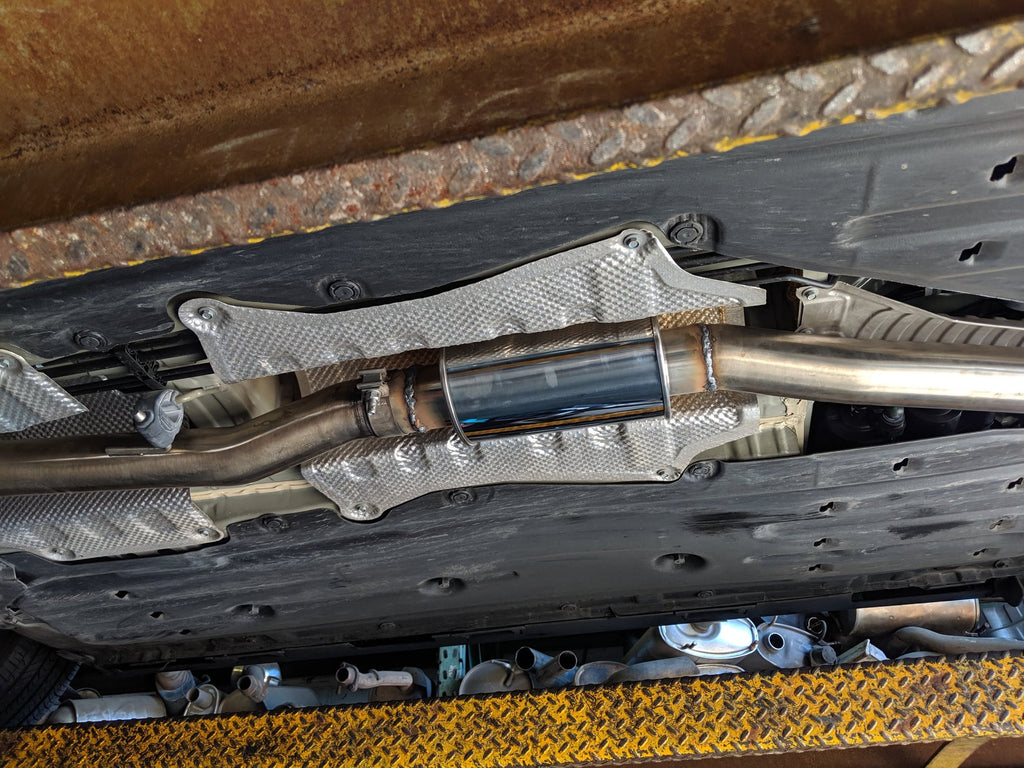
How to Choose the Right Resonator for Your Ride
Picking the right resonator isn't as simple as grabbing the first one you see on the shelf. There are different types, each with its own set of features. Chambered, straight-through, and turbo are some of the styles you'll come across.
Chambered resonators are great for reducing high-frequency sounds. They're a good fit if you're looking to eliminate that annoying whine. Straight-through resonators, on the other hand, are more versatile and can handle a range of frequencies.
Turbo resonators are a bit specialized. They're designed to work well with turbocharged engines, helping to balance out the whoosh and whistle that come with the extra power.
Now, how do you pick the one that's right for you? Start by considering your vehicle's specs. The type of engine, any existing modifications, and even the kind of driving you do can all influence your choice.
Another factor is your personal taste. Some people love a deep, throaty roar, while others prefer a more subdued exhaust note. Your resonator choice can help you achieve the sound you're after.
Conclusion
In the end, it's all about the sound and feel of your ride. Some folks are loud and proud, embracing the roar of their diesel engines. Others prefer the subtle growl that resonators can offer. Whatever your choice, just make sure to enjoy the ride.

